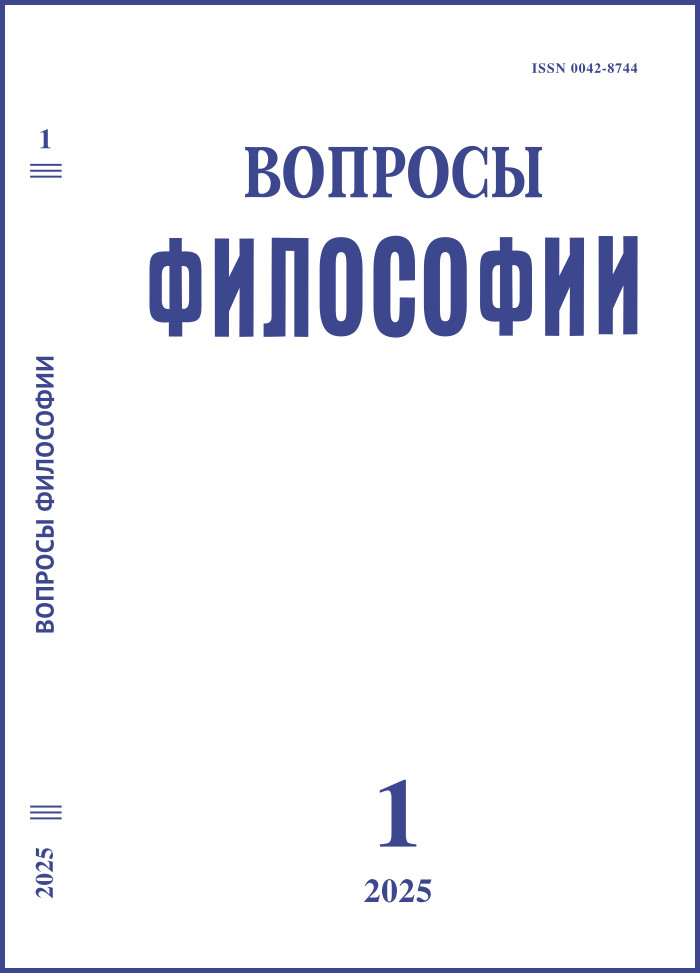The Ideology of Animal Liberation and the “Guilt” of Christianity Part III: Alternatives to Liberationism
DOI:
https://doi.org/10.21146/0042-8744-2025-1-174-185Keywords:
ethics of animal treatment, anthropocentrism, transhumanism, environmentalism, ecology, inherent valuesAbstract
The critical analysis of the thesis about the guilt of Christianity for the oppression of animals in the West developed by Peter Singer and a number of other
ideologists of the animal liberation is completed. At the beginning, the flaws of the liberationist approach making their solution to this problem questionable are listed. These include the unavoidability of anthropocentrism, despite its stated rejection, the utopian character of the final goals of this movement and the neglect of the ecological context which cardinally determines the general welfare of animals. Then alternative, transhumanist and environmentalist, approaches are considered. Since the former develops tendencies inherent in liberationism, their ideological kinship is recognized. The second approach is really an alternative to both of the liberationist and transhumanist ones. Its fundamental principles are analyzed: holism, eco- and biocentrism, egalitarianism of all life forms. Its shortcomings are revealed which are mainly associated with its inhumane pathos and practical inefficiency. In the end, the outlines of another
alternative are given. It is developed in the light of the Christian worldview on the basis of which a realistic non-chauvinistic policy in the field of animal treatment can be built.

